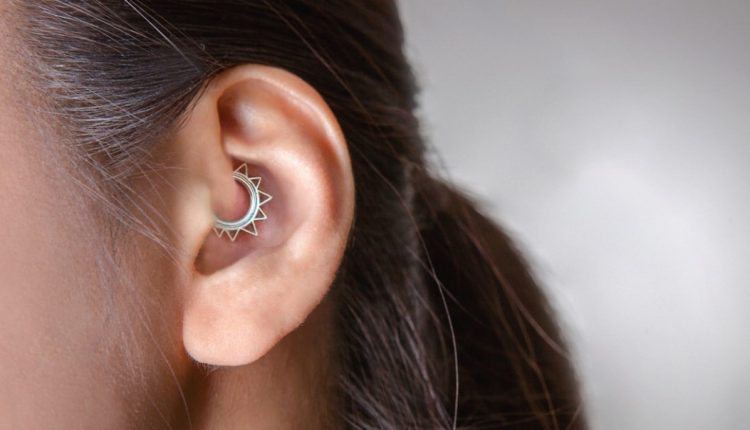
Dos and Don’ts of Ear Piercing: What to Know
Ear piercing is exciting. But don't forget the care and precaution after getting it done.
Ear piercing is popular among both genders. Keeping your ear piercing clean is essential as it is liable to the infection and swelling. If you don’t do it, your excitement of ear piercing will be ruined. Here are some dos and don’ts to get your ear piercing happen carefully.
It’s Important To Find a Reputable Ear Piercing Specialist
Nope, your overly excited BFF is not, in fact, a professional. As easy as it might look on TV, you really have to see an experienced person to get your ears pierced. It is recommended to get your ear pierced by an ear piercing specialist since you can be sure they have the proper training.
That’s because improper ear piercing could lead to permanent and disfiguring scarring, and swelling underneath the skin.
Ask Questions First
Ask the ear piercing specialist what they will use to pierce, how it is cleaned and how long they have been doing it. Don’t feel like you’re being difficult by asking too many questions. Seriously, it’s a hole in your body! Ask all the questions you want.
The Ear Piercing Specialist Should Sterilize the “Gun” After Every Piercing
Regardless of where you decide to go, the ear piercer should clean the piercing gun properly. The store’s specialist uses an ear-piercing instrument that’s sterilized before and after each use.
If the gun is not cleaned correctly, there is a risk of bacterial and fungal infections. So, it’s important to ask when and how the tool your tech uses is cleaned and make sure you see them clean it.
You Can Get a Hypoallergenic Earring
Many people are allergic to different metals, most often nickel. So, if you know you’re allergic to certain metals, make sure you tell the tech before ear piercing. They can use a nickel-free ring, so you won’t have any scary reactions.
The Piercing will Hurt, but Only for a Second
Of course it’s a bit intense — there’s a needle going through your skin! But it only hurts for a second, and then you’ll forget all about it.
It will Probably be Sore for a Few Days
While the instant pain from the piercing will go away quickly, you will have some mild pain/soreness, redness, and swelling for 24-48 hours after, plus for another 1-2 days afterward, when you apply pressure to it, such as when you sleep on your side. If the redness and swelling increases after the first couple of days, or reoccurs days after the piercing, then there may be an infection. In that case, head to your doctor.
Before You Leave, Make Sure To Learn Exactly How to Care For Your Pierced Ear Afterward
In addition to answering your questions, you should also receive cleaning instructions. This will keep the area from getting infected. It is recommended that you continue cleaning the area a few weeks longer than the standard six weeks. If there’s any increase in swelling, drainage, pains, or warmth, go see your doctor right away.
Upper Ear Piercing has a Few Extra Risks
There are different concerns when cartilage tissue is pierced, such as the nose or upper ear, because infections involving cartilage tissues are more serious. It is advised that you pay extra attention when you clean the area afterward.
Do Pick the Right Age for You
Ear piercing is a common practice for baby girls. Babies’ ears are pierced when they are as young as a few months old. Although there is no health or safety issue with having ears pierced early.
Their only guideline is to ensure it is done correctly and hygienically by a trained professional and that after-care is done properly. It might, however, make things easier if you wait until a child is old enough to care for the pierced ear properly.

